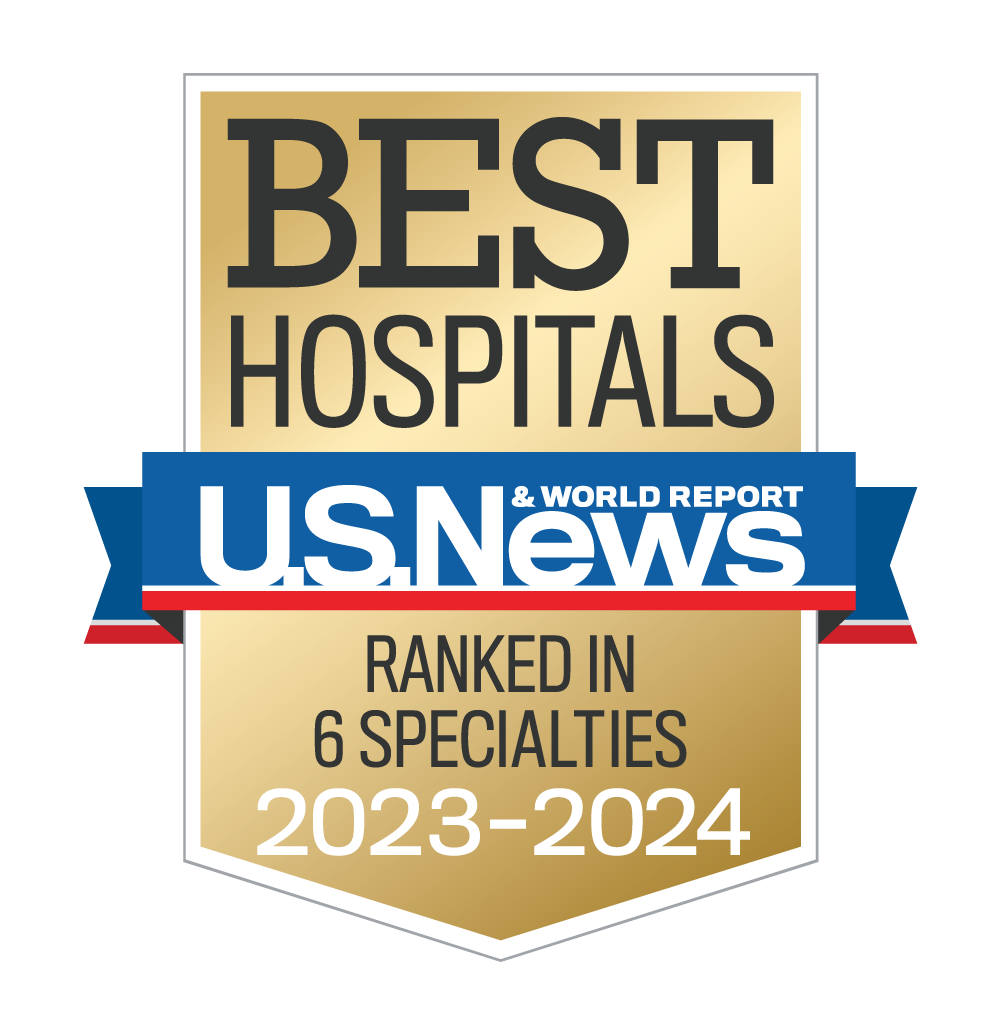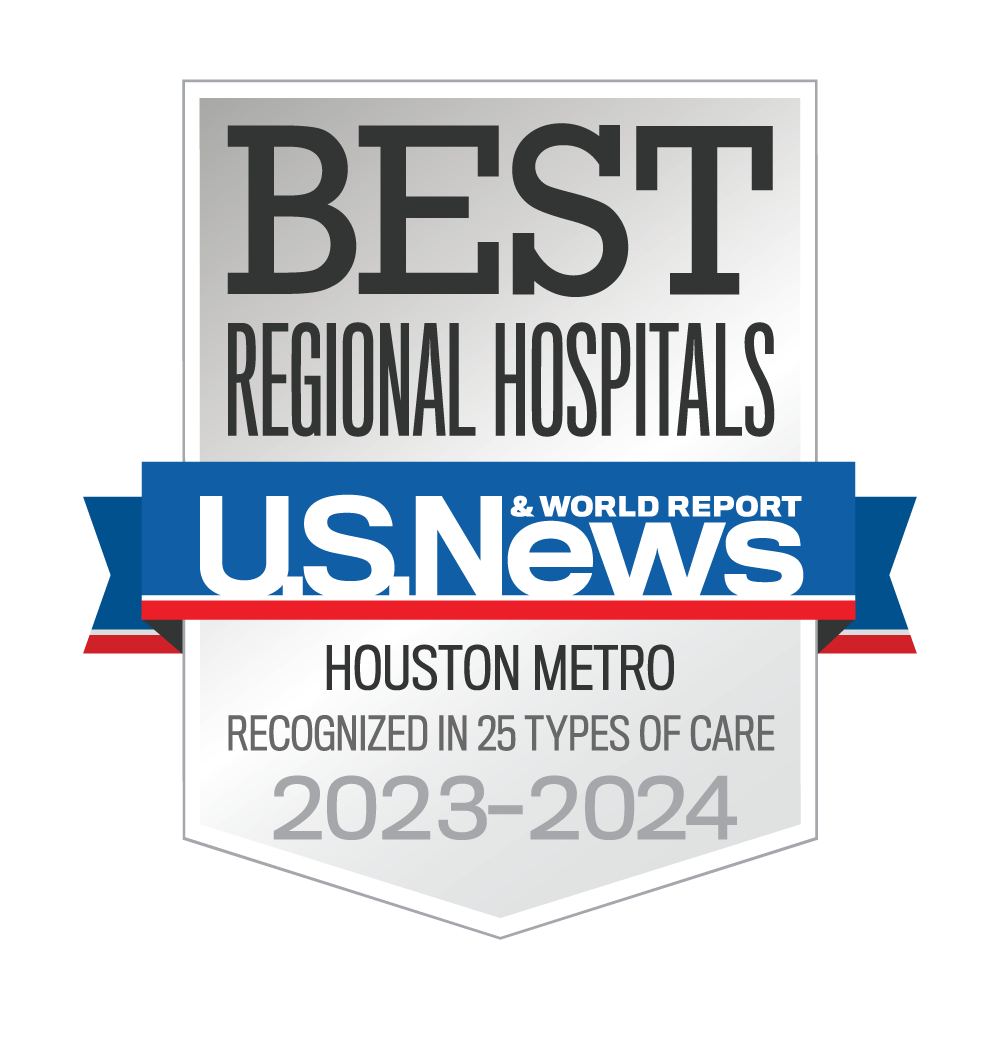
Preserving Your Vision
What can I do to safeguard my vision?
As with most medical problems, prevention and early intervention are paramount. Routine eye exams, sun protection, protective eye wear, and education are the most important steps.
- Routine Eye Exams - Frequency
- Protection against the sun
- Protective Eye Wear
- Risk Factors
Why should I use sunglasses?
UV is an invisible part of the light spectrum emitted from the sun. It contains more energy than visible light. Absorption of light by the eye creates heat or chemical reactions in the eye tissue. If these reach a level that overwhelms the eye's natural ability to heal itself, permanent damage occurs.
UV is not the only kind of light that can injure the eye. Extensive exposure to bright, intense light can cause damage. Blue light is in the short end of the visible light spectrum. It is prevalent in the intense glare of snow, water and white sand. Your eyes cannot focus clearly in blue light. Some susceptible to light damage. Your children are at the highest risk because their lenses (inside their eyes) are more transparent than adults, and they generally spend more time outside.
For more information on preserving your at the American Academy of Ophthamology's web site.
Find a Doctor
Looking for a doctor? Perform a quick search by name or browse by specialty.


